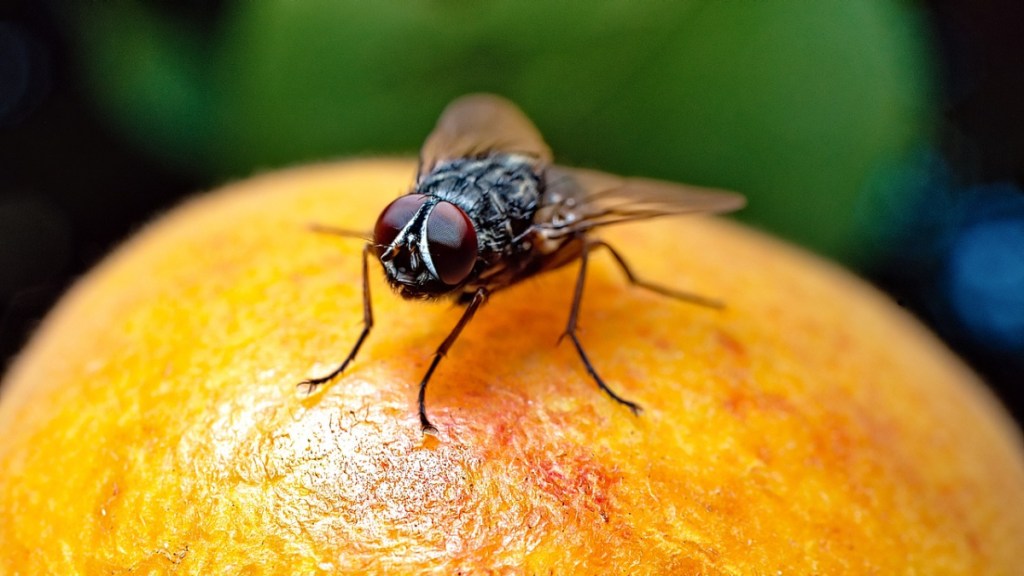Virgin-birth might seem unbelievable to many but scientists have recently unlocked the mystery and induced the method of virgin-birth in fruit fly. Virgin-birth, a scientific process that allow reproduction without fertilization of male and female sex cells and only involves female gametes called parthenogenesis.
The historical breakthrough took place in London, under Alexis Sperling, a development biologist in University of Cambridge. The study was published on July 28 in the journal Current Biology as it talks about the reproduction of female fruit flies entirely by themselves- without interacting with male fruit flies, with the help of gene mutation in labs.
To unlock the secrets within the flies’ genetic makeup, the researchers carefully decoded their genomes. By comparing the genetic information of both groups, they aimed to understand what genetic factors enable parthenogenesis.
The experiment aims to test parthenogenesis across different species but in the case of mammals, it would not be possible for now. Alexis Sparling says, “multiple reasons preventing (parthenogenesis) in mammals. … We need the genetic diversity”
This discovery could have far-reaching implications for managing certain pests and even aiding in crop protection. Certain pests, such as crop-damaging insects, resort to parthenogenesis when males are scarce. This adaptation allows them to rapidly increase their numbers, leading to overpopulation and extensive crop damage. Dr. Sperling and her team believe that by comprehending the genetic basis of parthenogenesis, they may devise methods to manage and control such pests more effectively, reducing the need for harmful chemicals.
Dr. Sperling emphasized that while this research offers insights into the mechanisms of parthenogenesis, it also serves as a guide for potentially inducing this form of reproduction in other creatures.
In the future, this newfound understanding could revolutionize pest management techniques, offering a more environmentally friendly and sustainable approach to safeguarding crops. As scientists continue to decipher the intricacies of parthenogenesis, the world of reproductive biology stands on the cusp of transformative breakthroughs.


